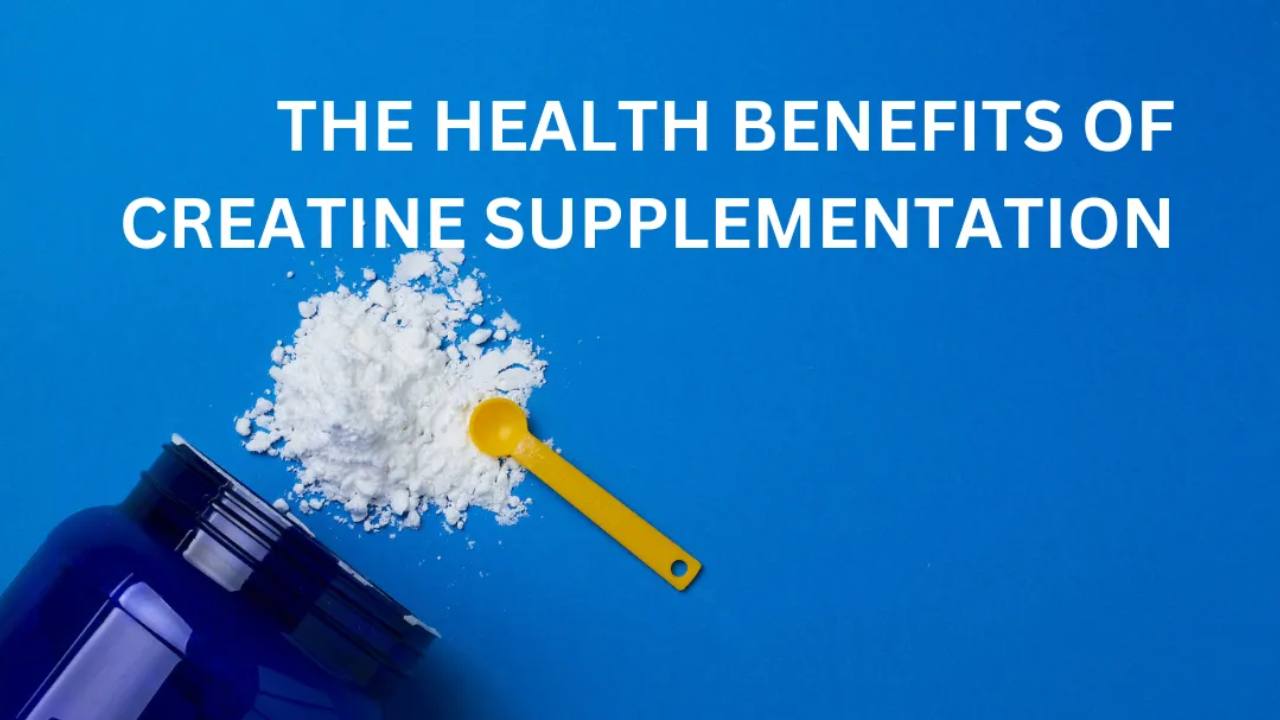Navigating Beyond Ultra-Processed Foods for Better Health

In today’s fast-paced world, convenience often dictates our food choices, leading many to rely heavily on ultra-processed foods. While these options may save time, they come with significant health risks, including obesity, heart disease, diabetes, and even certain cancers. Understanding the impact of these foods and making informed decisions is crucial for long-term well-being.
Understanding Ultra-Processed Foods
Ultra-processed foods undergo extensive industrial processing and often contain additives like emulsifiers, stabilizers, and artificial sweeteners. These products are engineered for taste and shelf-life rather than nutrition, making them detrimental to health. Examples include sugary beverages, packaged snacks, ready-to-eat meals, and processed meats.

Identifying and Reducing Ultra-Processed Foods
1. Scrutinize Ingredient Lists: Familiarize yourself with food labels. A lengthy list with unrecognizable ingredients often signals high processing. Opt for products with minimal, whole-food ingredients.
2. Focus on Whole Foods: Prioritize natural or minimally processed foods like fruits, vegetables, whole grains, legumes, nuts, and seeds. These provide essential nutrients without harmful additives.
3. Be Cautious with Marketing Claims: Terms like “low-fat” or “fortified” can be misleading. Always check the actual nutritional content rather than relying solely on front-of-package claims.
4. Plan and Prepare Meals: Cooking at home allows control over ingredients and processing levels. Meal prepping can help manage time constraints and reduce the temptation of convenient ultra-processed options.
5. Educate Yourself on Additives: Understand common additives and their potential effects. For instance, certain emulsifiers may disrupt gut health, leading to inflammation.
The Bigger Picture: Industry Influence and Personal Empowerment
The prevalence of ultra-processed foods is not merely a result of individual choices but also reflects broader industry practices aimed at profit over health. Recognizing this can empower consumers to demand better options and support policies promoting healthier food environments.
Take Charge of Your Health with Brooktree Consulting
Embarking on a journey towards healthier eating can be challenging, but you don’t have to do it alone. At Brooktree Consulting, we specialize in personalized health and wellness strategies to help you navigate dietary choices and lifestyle changes effectively. Schedule a discovery call with us today to take the first step towards a healthier, more vibrant you.






Responses